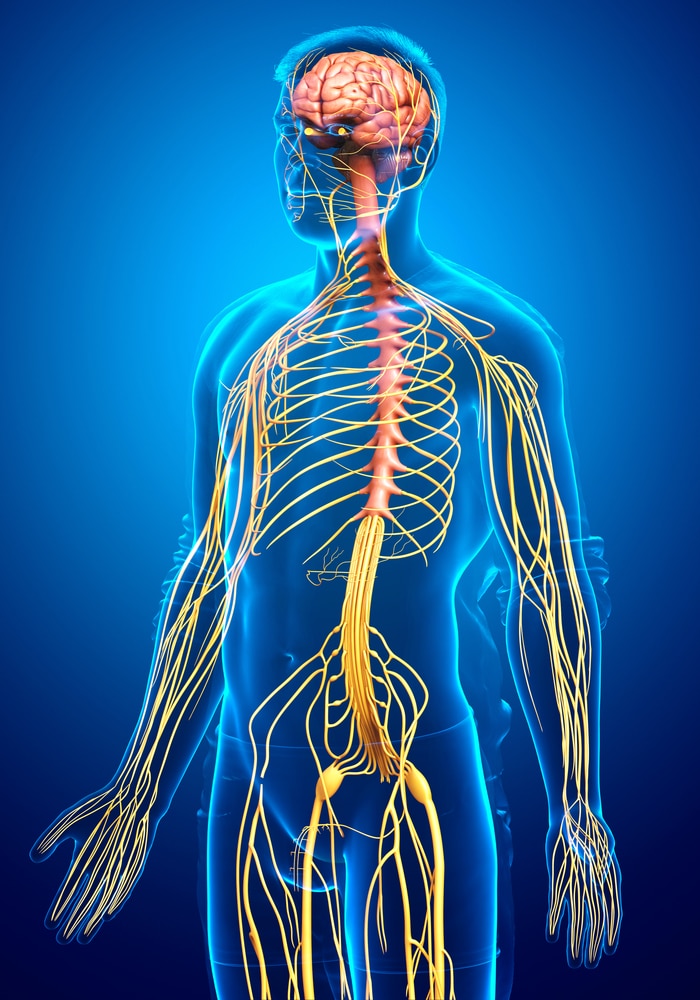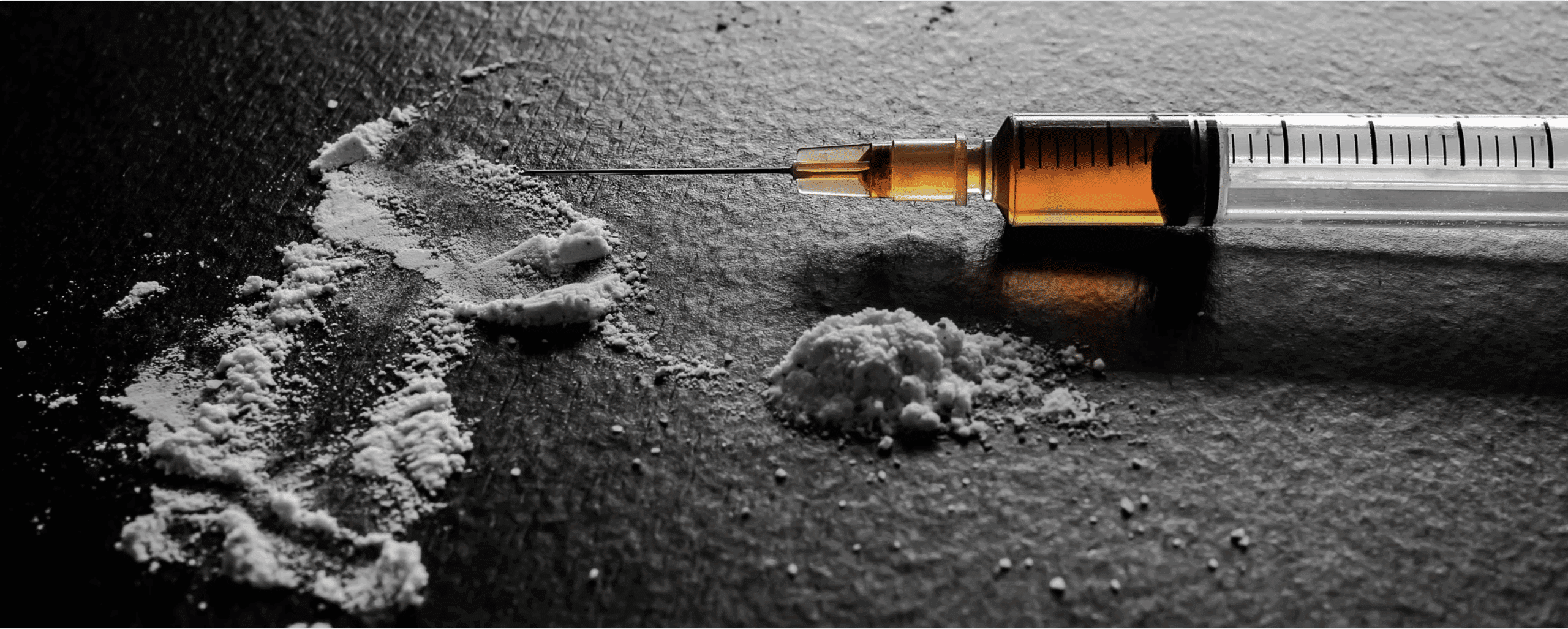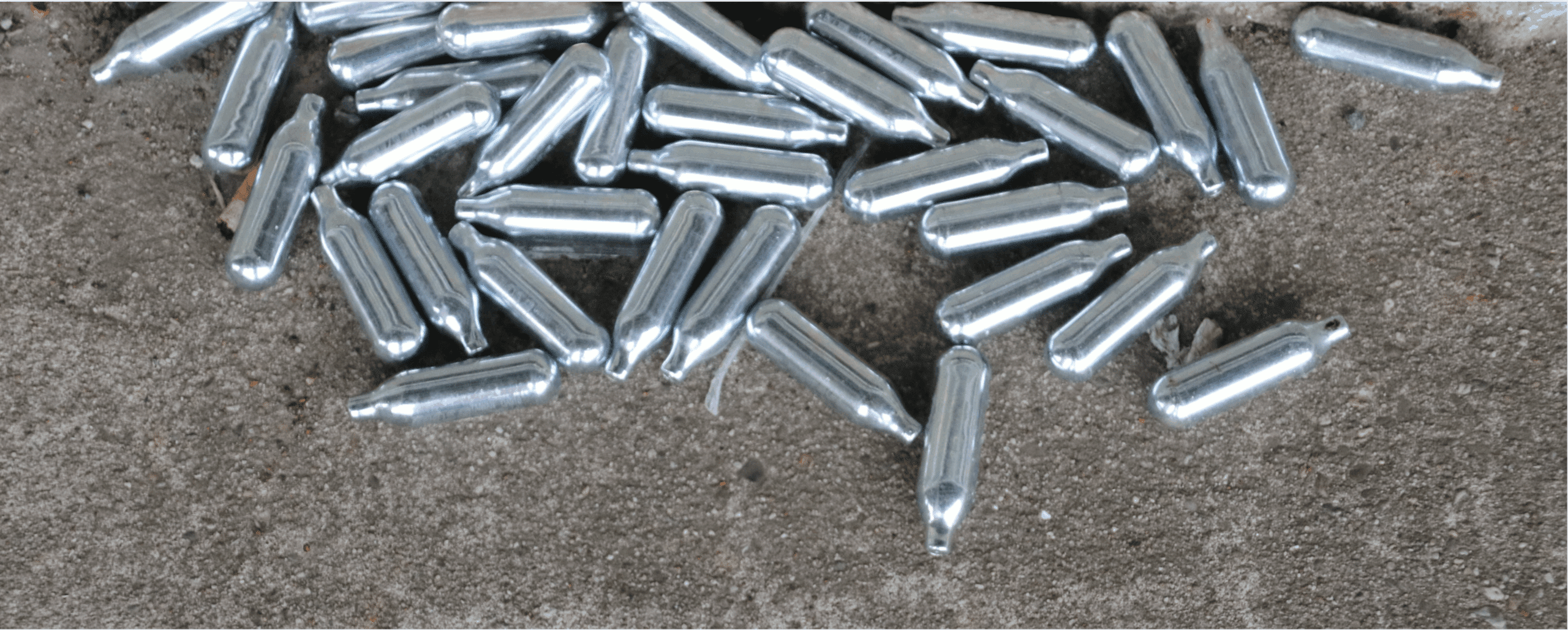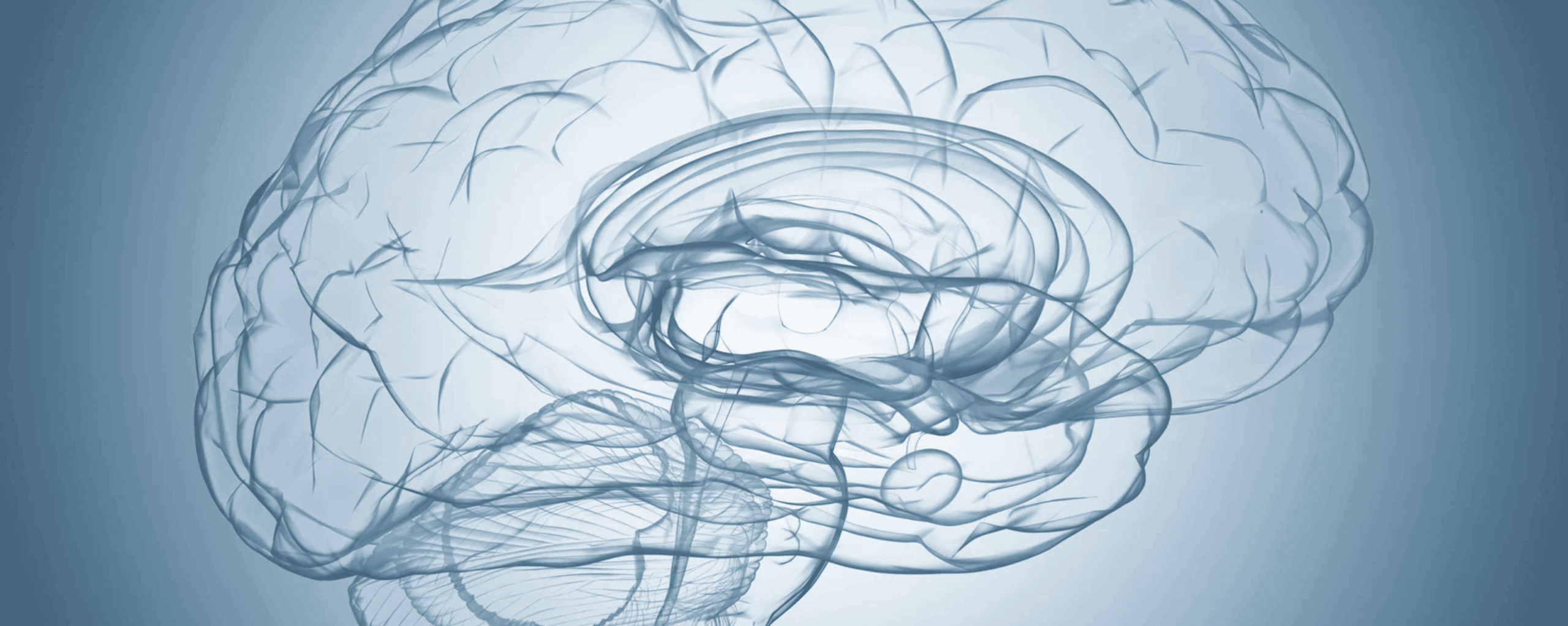The effects of drug abuse can be devastating to your mind, body, and mental health. Chronic drug abuse can have long-term consequences for your physical and mental health. The longer you abuse drugs, the more likely these effects will be irreversible. Whether the body and brain can recover completely depends on factors such as:
- Age
- How long you’ve abused drugs
- Type of drug(s) abused
- Polysubstance use (using more than one drug at once)
- General health
- Co-occurring conditions
- Whether you’re predisposed to mental health disorders
The National Institute on Drug Abuse reports that 20.4 million Americans met criteria for a substance use disorder in 2021. Less than 11% of those people received treatment. Over 100,000 of those people died of drug overdoses. The short- and long-term health effects of drug abuse cannot be ignored. It’s crucial to get treatment before it’s too late.
Long-Term Psychological Effects of Drug Abuse
Prolonged drug use puts you at increased risk for several psychological and emotional issues. The following mental health disorders are linked to substance use disorders and can be mild, moderate, or severe.
Depression
Drugs affect dopamine, serotonin, and norepinephrine. They cause your brain to release more of these naturally occurring chemicals than you need. Over time, substance abuse lowers your supply of these chemicals, and you begin depending on drugs to produce them. Low levels of dopamine, serotonin, and norepinephrine can lead to depression.

Anxiety
Anxiety can also stem from an imbalance of brain chemicals caused by drug abuse and addiction. Symptoms of anxiety are typically worse when you’re not using the drug. For instance, alcohol interferes with GABA, a chemical that regulates your central nervous system. Alcohol withdrawal can leave you feeling agitated, irritable, and anxious as your central nervous system tries to rebalance itself and GABA levels. Anxiety is also a potential withdrawal symptom from opioids, meth, cocaine, and marijuana. If you’re taking drugs to self-medicate feelings of anxiety, these symptoms usually rebound without the addictive substances. You become dependent on drugs to soothe your anxiety symptoms, so when you’re not taking them, the original anxiety resurfaces.Paranoia
Paranoia can be a side effect of drug addictions to:- Hallucinogens
- THC
- Meth
- Cocaine
- Hallucinations
- Terror
- Delusions
- Paranoia
- Disconnection from reality
- Dangerous behaviors
- Harming yourself or others
Long-Term Physical Effects of Drug Abuse
Chronic drug abuse takes a toll on your body. The severity of these effects depends on similar factors as the ones that impact your mental health:- Age
- Physical health
- Co-occurring medical conditions
- Type of drug you’re using
- Polysubstance use (using more than one drug at a time)
- Quantity of drugs you take
- How long you’ve been taking drugs
- Co-occurring medical conditions
Effects of Drug Abuse – Cardiovascular System
The cardiovascular system suffers from continued drug abuse. Most drugs either elevate your heart rate or slow it down. This continued interference with the heart’s normal functioning can cause damage in the long term, such as putting you at risk for a heart attack or cardiovascular disease. Substance abuse of all kinds can put increased stress on your heart. Cocaine and other stimulants are particularly known for increasing the risk of heart attacks. Opioids, meth, and other drugs taken by shared needles increase your risk for blood-borne diseases like HIV and hepatitis, as well as heart infections. Abusing drugs like illegal and prescription opioids can also cause low blood pressure and clogged blood vessels.Effects of Drug Abuse – Central Nervous System
After continued drug abuse, you develop tolerance and become dependent on substances. Drugs and alcohol create imbalances in important brain chemicals. Your brain begins needing substances to function normally. Some central nervous system effects include:- Damage to the frontal lobe
- Anxiety and depression
- Motor problems
- Memory loss
- Brain function and structure changes
- Confusion

- Vomiting
- Nausea
- Diarrhea
- High heart rate
- Chills
- Headache
- Insomnia
- Agitation
- Restlessness
- Sweating
- Seizures
- Runny nose
Effects of Drug Abuse – Respiratory System
The most serious effect of drugs on the respiratory system is making it hard to breathe. Drugs like opioids are depressants that slow your breathing and heart rate. Excessive amounts of them can suppress your breathing so much that you stop breathing altogether, overdose, and go into cardiac arrest. The other way drugs can damage your respiratory system is by smoking them. Inhaling or smoking drugs may leave deposits on the lungs that affect their ability to deliver oxygen to the rest of the body. Smoking drugs like heroin, cocaine, and meth can worsen asthma and other respiratory conditions and cause swelling of the lungs, ruptured air sacs and arteries, and bronchial tube spasms. Marijuana smokers are at increased risk for similar health consequences as tobacco smokers like lung infections, frequent respiratory illnesses, and cancer.Effects of Drug Abuse – Digestive System
Your digestive system experiences both short-term and long-term consequences of drug abuse. Using drugs puts added pressure on your liver because its job is to metabolize drugs and break down chemicals. Over time, your liver can become susceptible to disease and damage due to the continued breakdown of toxins from drugs that are difficult to emit from the body. Overworking your liver can shorten your lifespan or make a liver transplant necessary. Kidneys are also impacted by the toxins from drug misuse because they’re responsible for excreting waste from the blood and balancing your body’s fluids. Continued drug abuse can increase your risk of a need for dialysis or transplant. Some drugs like alcohol and opioids can be especially damaging to the digestive system, increasing your risk for:- Inflamed stomach tissue
- Holes in the intestines
- Irritable Bowel Syndrome (IBS) issues and flare-ups
- Constipation
- Diarrhea
- Acid reflux and heartburn
- Cancers
- Vomiting
Endocrine System
Substance abuse can have long-term negative effects on your endocrine system. Drugs of abuse like opioids, benzos, MDMA, and meth can cause imbalances in the pituitary gland with repercussions for your reproductive organs and hormones. Depending on the type of drug abused, the impact on your endocrine system may include:- Decreased sex drive
- Changes in appetite
- Irregular or stopping of menstruation
- Erectile dysfunction
- Decreased insulin production
- High blood sugar
- Increased body hair in women
- Damage to DNA
- Male-pattern baldness
Immune System
Drugs can impact your immune system directly and indirectly. Drug abuse can lead to infections and disease. The lifestyle of addiction impacts the immune system. You’re less likely to eat right, keep regular doctor appointments, exercise, and get sufficient sleep—all things that contribute to good health—when you’re abusing drugs.- Studies show drugs like heroin and cocaine can suppress or decrease B and T immune cells, lowering your ability to fight bacteria, viruses, and infections.
- Sharing needles for injecting drugs puts you at increased risk for HIV and Hepatitis. One in ten HIV cases is attributed to injecting heroin according to the Centers for Disease Control (CDC).
- Smoking tobacco, marijuana, and other drugs make you more susceptible to colds, pneumonia, and other respiratory infections
Can You Reverse the Effects of Drug Abuse?
Only a doctor who is familiar with your past and current health, as well as the effects substance use has had on your body, can answer that question for you. Symptoms from drug withdrawal will subside over time, but damage to organs and neurotransmitters is more complex. Diseases linked to drug use, like HIV and hepatitis, cannot be cured.
Your brain is neuroplastic and has an immense capacity for adapting and changing, but only a doctor can tell if structural and functional effects from drugs can be fully repaired. Medications like anti-depressants and anti-anxiety pills can help brain chemical changes that are linked to mental health conditions.
The first step to reversing the effects of drug abuse as much as possible and preventing further damage is getting professional addiction treatment that includes medical and behavioral interventions. After you’ve detoxed and spent time healing your mind and body in drug rehab, committing to a healthy lifestyle and finding a physician and psychiatrist to help you continue mending substance abuse effects is key to reversing the effects of addiction.
Looking for Help?
Addiction doesn’t get better on its own. If you or a loved one is struggling with addiction, we can help. Call us for a free, confidential consultation. Addiction recovery is possible.
References
- https://nida.nih.gov/about-nida/legislative-activities/budget-information/fiscal-year-2022-budget-information-congressional-justification-national-institute-drug-abuse/ic-fact-sheet-2022
- https://www.cdc.gov/nchs/pressroom/nchs_press_releases/2021/20211117.htm
- https://www.psychiatrictimes.com/view/cardiovascular-consequences-drug-use
- https://www.heart.org/en/news/2019/03/07/concerns-about-heart-health-amid-the-opioid-meth-epidemic
- https://www.drugabuse.gov/publications/drugs-brains-behavior-science-addiction/drugs-brain
- https://www.drugabuse.gov/drug-topics/health-consequences-drug-misuse/respiratory-effects
- https://pubmed.ncbi.nlm.nih.gov/19069706/
- https://www.ncbi.nlm.nih.gov/pmc/articles/PMC5513683/
- https://www.nature.com/articles/s41598-018-23717-4
- https://link.springer.com/referenceworkentry/10.1007/978-88-470-5322-9_123
- https://pmj.bmj.com/content/92/1093/677
- https://www.frontiersin.org/articles/10.3389/fimmu.2019.02914/full
- https://www.cdc.gov/hiv/basics/hiv-transmission/injection-drug-use.html
- https://www.nature.com/articles/s42003-021-02685-y
vogue-staff
Latest posts by vogue-staff (see all)
- What Is Gestalt Therapy? - July 14, 2025
- What Is Heroin? Finding Heroin Rehab Near Me - July 14, 2025













